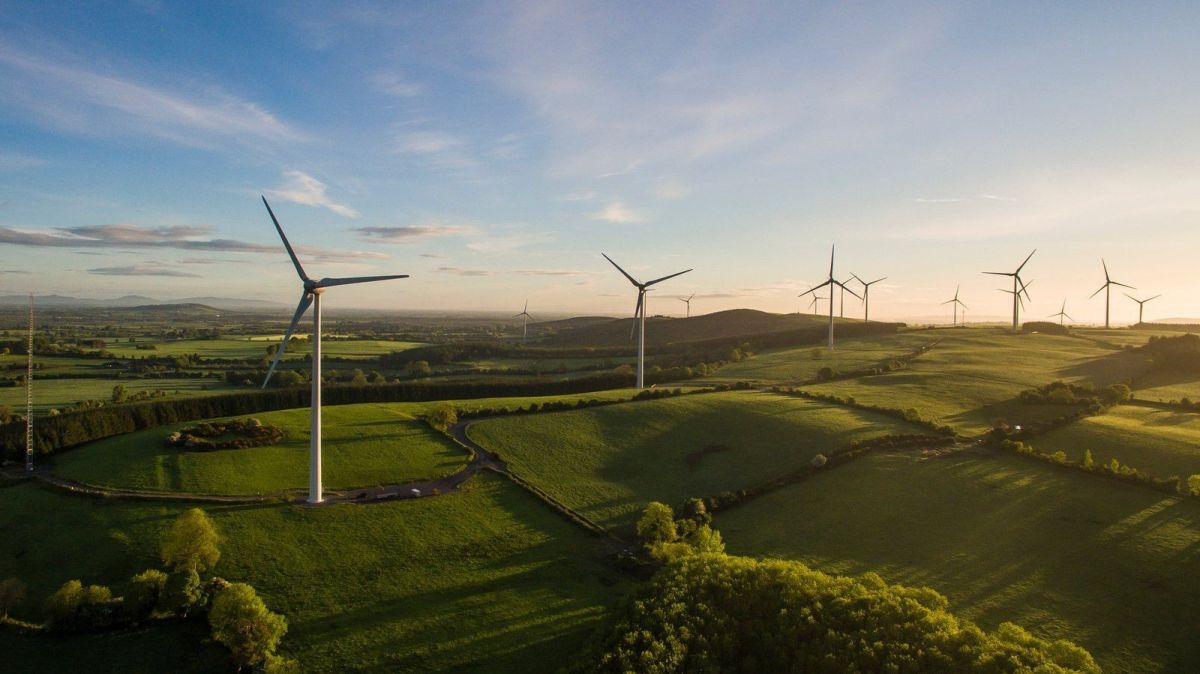The plant, the first commercial-scale project of its kind in the country, will process 90,000 tonnes of farm waste each year, including manures and slurries, when it comes on stream in 2027.
Developer Nephin Energy says the Ballinrobe plant will generate over 85 gigawatt-hours (GWh) of suitable biomethane annually, while creating more than 100 direct and indirect jobs. Farmers in the region will also benefit from what the company calls “long-term, reliable income streams.”
The Mayo facility is one of three state-of-the-art anaerobic digestion plants Nephin is developing around the country. Together, they are expected to produce over 250 GWh of biomethane annually, which is enough to heat 38,000 homes. Details of the two other sites are to be revealed later this year.
An agreement signed on 11 September will see Flogas act as offtake partner for the renewable gas produced. John Rooney, Managing Director of Flogas, said it was the largest domestic biomethane agreement of its kind to date, calling it “a significant boost for our agricultural sector and national net-zero progress.” He also urged the swift enactment of the Renewable Heating Obligation to support projects of this scale.
Tom O’Brien, Chief Executive of Nephin Energy, said biomethane would play a central role in Ireland’s future energy mix. “Partnering with Flogas accelerates our development pipeline while unlocking the economic and environmental benefits biomethane can deliver to rural communities,” he said.
Government ministers also welcomed the deal. Climate Minister Darragh O’Brien called the project “a cornerstone” of Ireland’s green energy ambitions, while Minister of State Alan Dillon described it as “a pivotal moment” that will directly support the national target to produce 5.7 TWh of biomethane by 2030.















